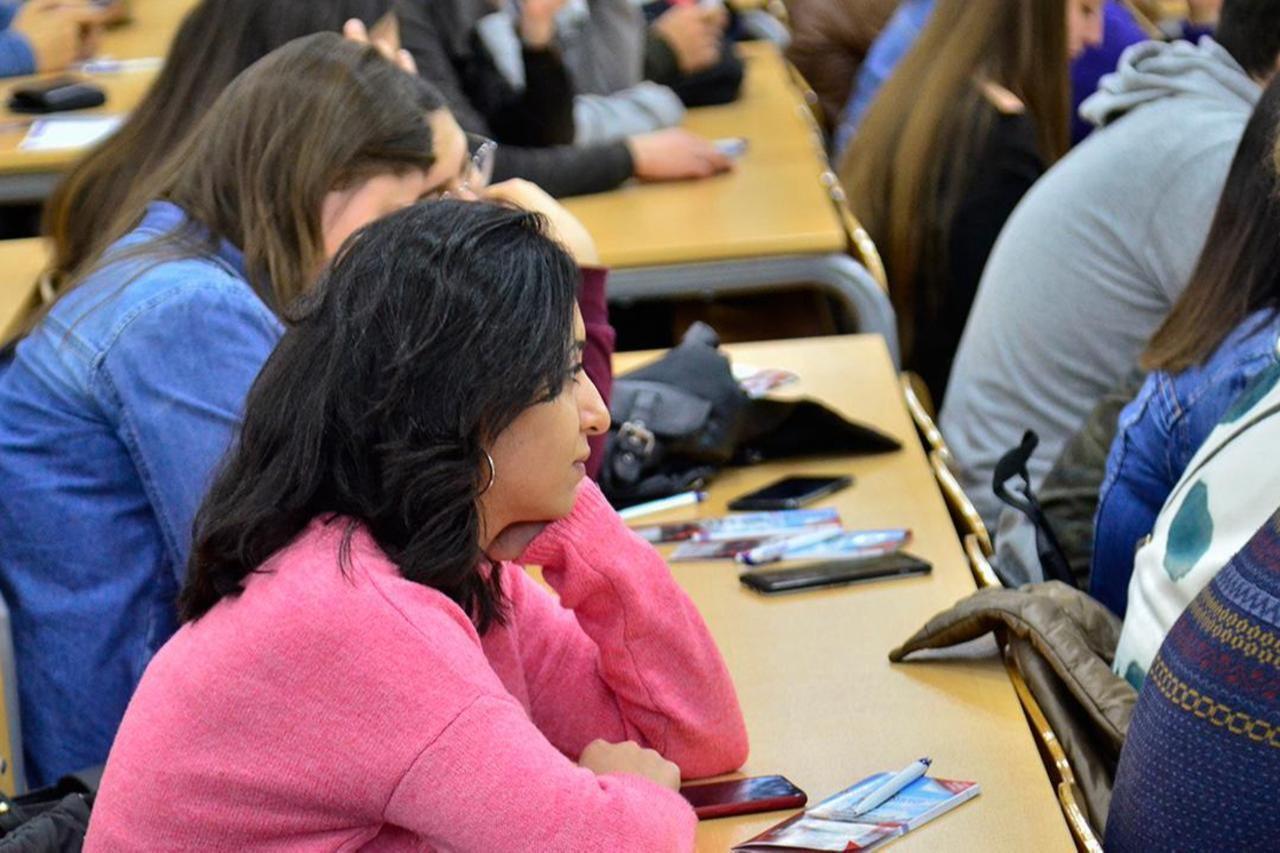
Young people in Türkiye are under increasing financial strain, as 50.8% of job-seeking graduates live on monthly incomes of ₺4,000 ($96.65) or less, according to the 2025 "Youth Expectations and Tendencies" survey by Youthall.
According to the Turkish Statistical Institute (TurkStat), youth unemployment in Türkiye, defined as people aged 15–24 who did not work during the reference period, were available to start within two weeks, and actively sought employment in the past four weeks, stood at 830,000 or 15% in July.
In the same age group, more than 2.5 million young people in Türkiye were neither in employment, education, nor training in the second quarter of 2025, a figure that rose to 6.5 million when the wider 15–34 age range was included.
The survey found that 44.2% of university students now live with their families, up from 40.5% in 2024. For graduates, the share rose more sharply from 69.7% to 76.7% amid high inflation and low earnings that make independent living increasingly difficult.
Students reported managing monthly expenses mostly within a ₺4,000 to ₺8,000 range. One in five relied on a weekly income of ₺1,000 or less, making it difficult to balance education and living costs. Two-thirds said they receive regular financial support from their families.
Graduates often fared worse, with only 11.8% able to afford rent, a proportion nearly identical to the 11.1% recorded among students.

The financial picture also affected well-being. While 42.6% of students described themselves as happy, only 25.8% of graduates did so. The share of graduates identifying as unhappy was 28.3%, compared with 11.1% among students. Nearly half of graduates said they felt anxious about the future, slightly higher than the 42.9% recorded among students.
Students cited global issues and artificial intelligence among their top concerns, while graduates pointed more toward the economy.

In 2024, 61.5% of students said they believed they would find a job after graduation, but by 2025, that expectation had dropped to 41.8%, the report noted. The figure aligns with official data, as 56.1% of bachelor’s degree graduates were working in their field in 2024, while the rate for associate degree graduates stood at 51%.
Among those already working, one in three expressed fear of job loss. A majority, at 55%, attributed this concern to economic volatility.